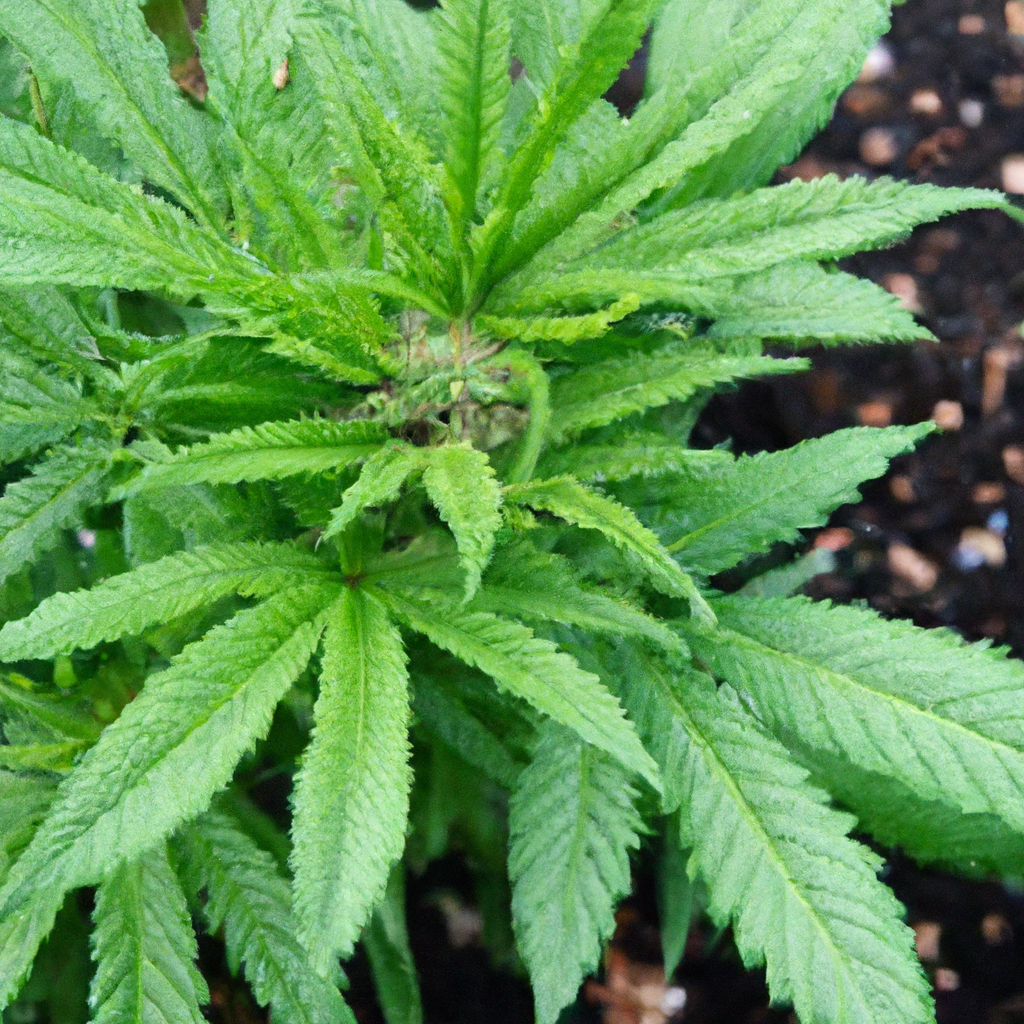Your cart is currently empty!
Introduction
Organic cannabis cultivation is a growing trend among enthusiasts and commercial growers alike, offering a more sustainable and eco-friendly approach to production. By utilizing natural fertilizers, compost, and pest control methods, growers can not only achieve a healthier plant but also contribute positively to the environment and consumer health.
Building Healthy Soil Ecosystems
A robust soil ecosystem is the foundation of successful organic cannabis cultivation. Healthy soil teems with life, from beneficial microbes to earthworms, all contributing to nutrient availability and plant health.
- Compost Use: Integrate organic compost to enhance soil structure and fertility. Compost provides essential nutrients and fosters microbial activity.
- Crop Rotation and Companion Planting: Rotate cannabis crops with nitrogen-fixing plants like beans, or use companion plants such as marigolds to naturally deter pests and promote diversity.
- Nutrient-Rich Additives: Incorporate amendments like kelp meal, bone meal, or green sand to provide trace elements and improve soil health.
Natural Fertilizers and Their Benefits
Organic fertilizers such as compost tea, worm castings, and fish emulsion can significantly boost cannabis growth while ensuring sustainability.
- Compost Tea: A liquid extract of compost, it delivers soluble nutrients and beneficial organisms directly to the plant roots.
- Worm Castings: Often referred to as “black gold,” worm castings enhance soil aeration, water retention, and microbial life.
- Fish Emulsion: Made from fish waste, this nutrient-rich liquid is an excellent source of nitrogen and other minerals.
Eco-Friendly Pest Control
Avoiding synthetic pesticides is crucial in organic cannabis cultivation. Instead, explore these sustainable pest control methods:
- Neem Oil: A natural insecticide that disrupts the life cycle of harmful insects without harming beneficial predators.
- Beneficial Insects: Introduce ladybugs or predatory mites to control aphid and mite populations naturally.
- DIY Solutions: Simple homemade sprays using ingredients like garlic, chili peppers, or diatomaceous earth can deter and manage pests efficiently.
Conclusion
By embracing organic practices in cannabis cultivation, growers can produce healthier plants while reducing environmental impact. Sustainable practices not only protect ecosystems but also yield products that increasingly resonate with health-conscious consumers. Whether for personal use or commercial sale, organic cannabis cultivation is a rewarding endeavor that aligns with eco-friendly values.


Leave a Reply